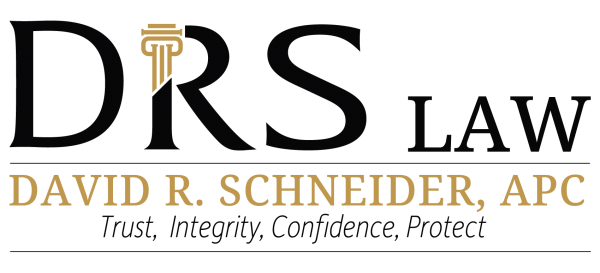Irrevocable Trusts
 There are several forms of irrevocable trusts, with the most common being a revocable trust that has now become irrevocable.
There are several forms of irrevocable trusts, with the most common being a revocable trust that has now become irrevocable.
When the Settlor(s) of the revocable trust becomes incapacitated or dies, the trust they created as a revocable trust, is now irrevocable, meaning it can no longer be changed or revoked, it is now etched in stone.
Seldom will a person or couple knowingly create an irrevocable trust due to the lack of flexibility. However, there are times when an irrevocable trust is the right answer.
High-net-worth clients may use multiple trusts to disperse assets, one or more of which might be placed into an irrevocable trust. This shields the asset(s) in the irrevocable trust from liability incurred by the Settlor.
A Charitable Remainder Trust is another form of irrevocable trust which is used for tax purposes with highly appreciated assets to allow a continued income stream, while ultimately giving the asset away to a charity, avoiding the capital gains, and receiving a charitable deduction.
There are also times when a beneficiary needs to be shielded from the burden of receiving an inheritance. This is often in the form of the beneficiary who is on state or governmental assistance, which is wealth-based. A Special Needs Trust is used to keep the beneficiary from becoming disqualified.

Integrity and Expertise at the Core of Our Legal Services
With decades of professional expertise, David R. Schneider, APC blends deep community ties with a wealth of experience. From running a successful business to excelling in the legal field with top grades and honors, David’s extensive knowledge ensures comprehensive and trusted legal support. His lifelong commitment to the Conejo Valley and its residents is your assurance of reliable and heartfelt service. Choose a legacy of excellence for your legal needs.
